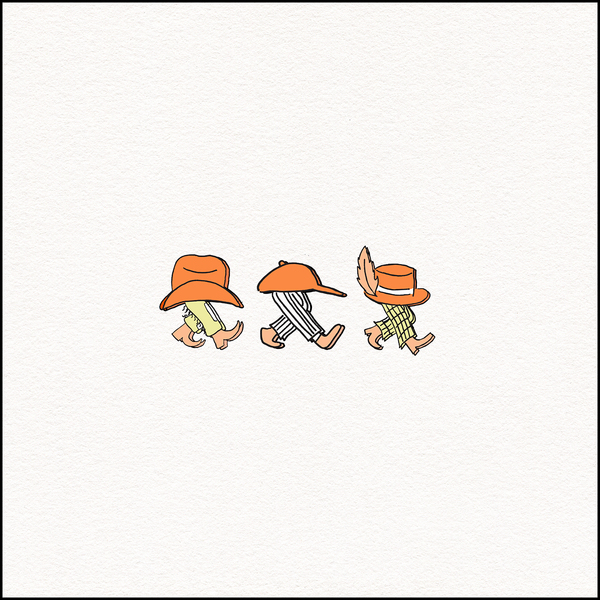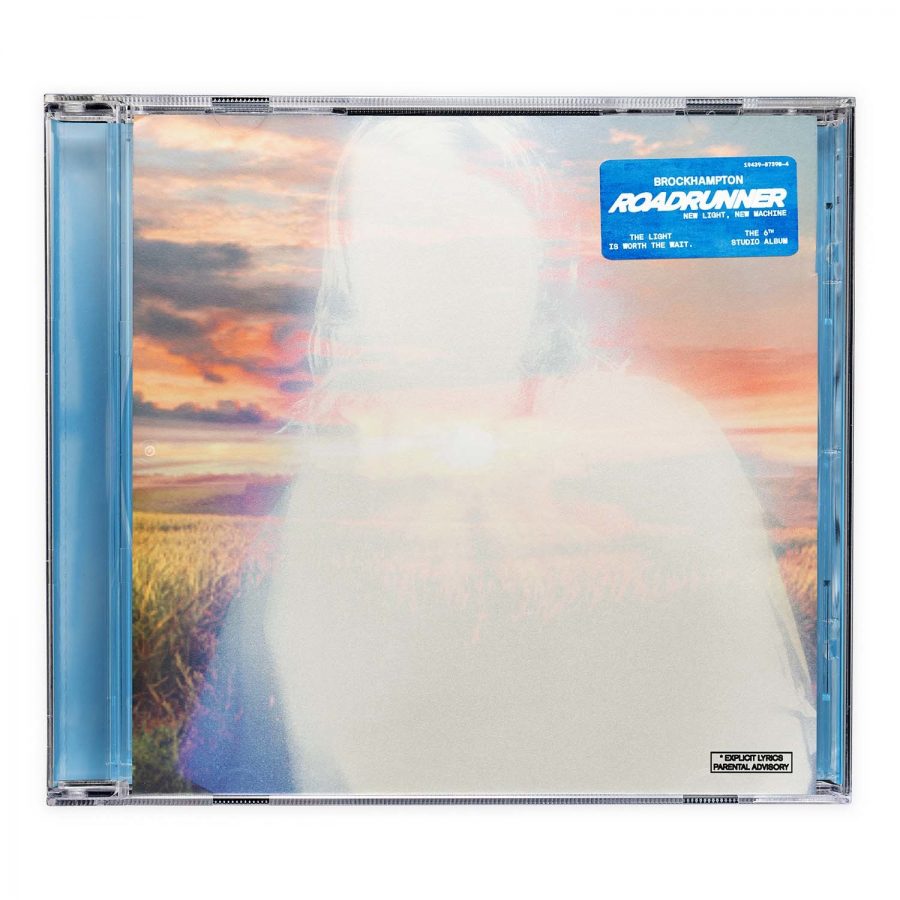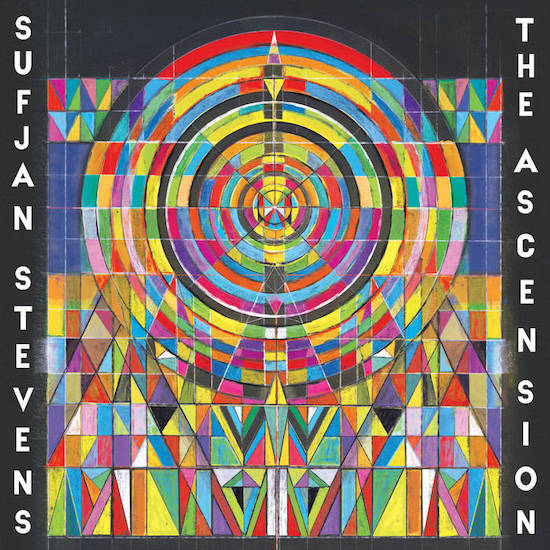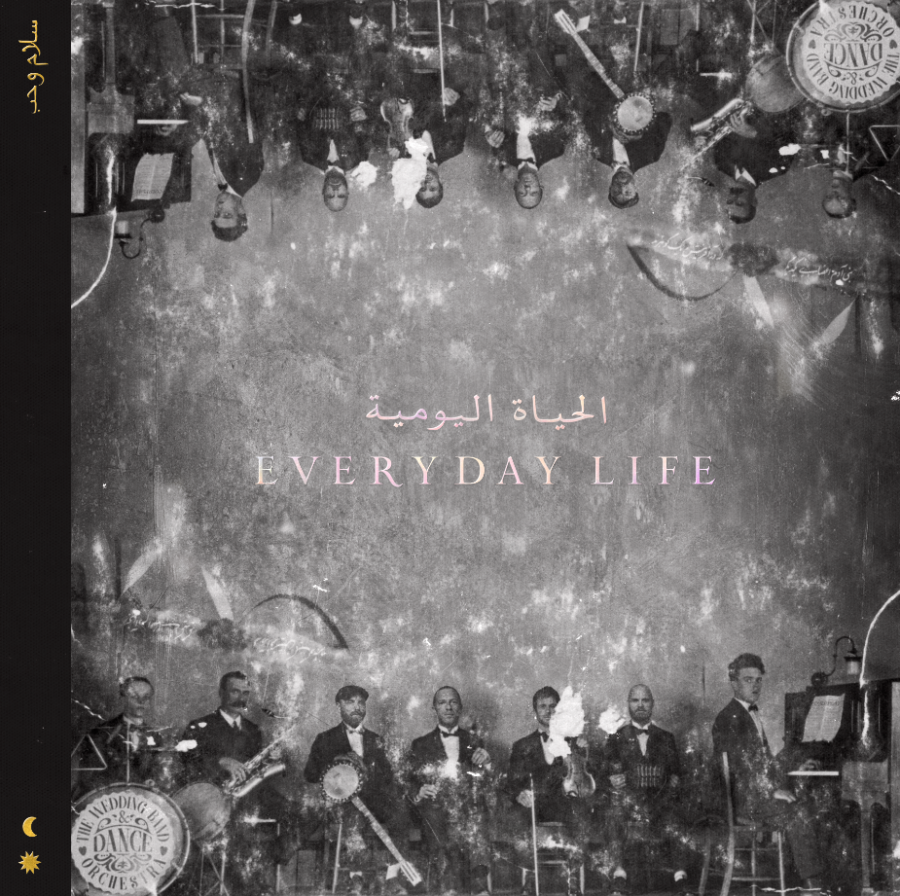As U2’s career lasts into another decade, it starts to resemble more a papacy than a typical tenure in the rock business. I doubt Bono would shrink from such an honor, given that his band has reigned unopposed as the “world’s biggest rock band” for more than twenty years. For at least that long, it has remained almost rigorously committed to the same religious and aesthetic principles. The band has deviated from its arena rock template on occasion –– 1997’s “Pop” comes to mind –– but the surprise iTunes release “Songs of Innocence” is no deviation. It’s not even a gentle swerve. Despite the guidance of producer Danger Mouse, it has planted itself firmly in the mainstream of U2’s canon. In a rock genre stuffed with successive U2 heirs and imitators, it fails to convince this listener that 2014, or any future year, needs a new U2 record.
Though the record is thoroughly boring, it deserves more than a word of appreciation as well. Producer Danger Mouse’s contributions, including his signature distorted keyboards and sharply defined mixing, make enough of a mark to be noticed. His work doesn’t change the typical U2 formula. The echoing guitar “chimes”, marching drum beats and titanic Bono vocals still remain, and the entire album still projects to the cathedral ceiling.
Relationship songs “Song For Someone” and “Every Breaking Wave” are perfect examples of this. Bono’s voice has stayed remarkably sharp and powerful as he ages, but the effect has worn thin. The band fares much better on “Cedarwood Road,” which, tellingly, mines Bono’s memories of his youth to portray a sense of menace and distress. Youth and the past are primary themes in “Songs of Innocence,” but, as usual with U2, it is difficult to parse specific events or themes from a tidal wave of universal appeals and vague gestures at questions of faith and global “issues.”
Most of the times the album deviates from the band’s anthemic template are to quote U2’s influences. “California (There Is No End To Love)” begins with a quotation from the Beach Boys, and tributes to Johnny Ramone of the Ramones and Joe Strummer of The Clash also appear. The latter song, “This Is Where You Can Reach Me Now,” could easily support a case that U2 differs from The Clash primarily in being blander, less rhythmically arresting and more vague.
One lyrical standout is “Sleep Like a Baby Tonight,” whose music and words skewer religious hypocrisy in the church. Even there, Bono’s use of screeching falsetto seems designed to unsettle but merely annoys. “Songs of Innocence,” then, is not without enjoyment or technical precision, but those merits get lost in songs that usually fail to come alive. They’re so plagued by ambivalence and gazing backwards that they fail to justify their own existence except as a continuation of the career of “the world’s biggest rock band.”
The primary virtue and undoing of “Songs of Innocence” is its consistency from the outside in. This digital album’s cover is a mostly blank LP cover, perfectly encapsulating its mix of sentimental nostalgia and digital disposability. No one needs to listen to this album, and, as if to drive that point home, U2 and Apple have given it away to hundreds of millions of customers. Like U2 descendant Arcade Fire, this Irish band obsesses over its own youth and the loss of innocence that aging entails. What’s missing from both of those bands is forward thinking or any attempt to overcome the confusion and mistiness that plague their music. Instead of honesty, we get platitudes like “a broken heart is an open heart,” or worse, “free yourself to be yourself.” Though its production is sharp and its marketing campaign ironclad, “Songs of Innocence” mostly muddles the issues it addresses, both personal and political, and ends up being just another U2 album. Fans will no doubt appreciate it and its tributes to the band’s predecessors, but for anyone else this record is utterly inessential.












